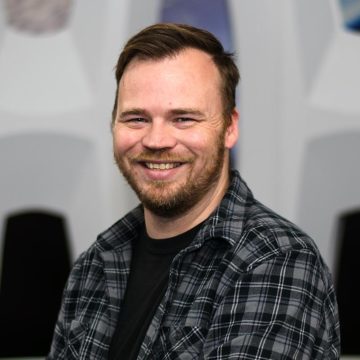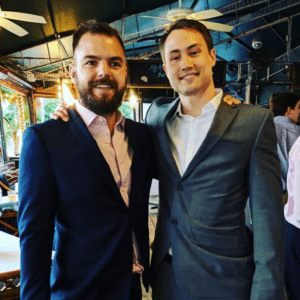Space, China, Exploration, Battlestar Galactica Debates! In this episode we get into it all. It is a fun, laid back discussion with Benjamin, who runs one, if not the best, science and space shows on YouTube or anywhere. I highly recommend checking it out. Remember to comment and vote in. We need to settle whether Baltar was a villain!
Bestselling science author Sy takes time out of her busy day and travels to talk about her latest book, life as a science writer, nature, advice for new writers, and much more. I love her books, and if you give this episode a try, you're going to want to read her books too! Try not to love and be inspired by all that Sy has done and written about! :)
[siteorigin_widget class=”SiteOrigin_Widget_Headline_Widget”][/siteorigin_widget] [siteorigin_widget class=”SiteOrigin_Widget_Headline_Widget”][/siteorigin_widget]
62: Getting into Conservation with Paul Bunje, Co-founder of Conservation X Labs
- October 23, 2018
- Tagged as: and Open Innovation, Challenges, clean technology development, Conservation Technology Acceleration, environmental education, Field Based Conservation Work, Innovation, organizational leadership, policy-making, Prizes, public engagement speaking, scientific research, strategic planning, Technology for Conservation
Conservation, getting involved, and how to use your existing skills to change the world are all topics we cover in this episode. Paul goes into a few success stories of conservation X labs, how he got started, how he keeps the spark alive, and a lot of great actionable recommendations for books and resources to learn more!
Straight from a scientist is a great podcast that I listen to routinely. Connor is the best as well. You basically get the synthesis of two podcasts and hosts while listening to just one episode. Check this one out. It's fantastic!




